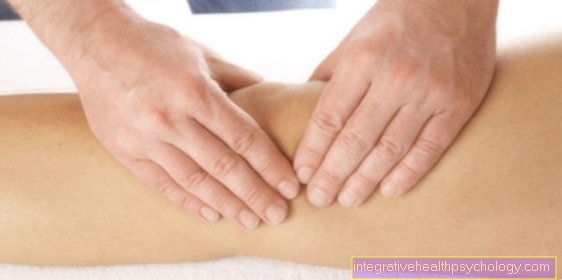Procaine base infusion
definition
The procaine-base infusion is also known as deacidification. Procaine approved for intravenous administration is mixed with a base and a saline solution and given as an infusion. This is said to relieve pain, reduce inflammation, and dilate small vessels.
Mental relaxation is also triggered by procaine. The areas of application for procaine-base infusions are chronic pain disorders, back pain, headaches and other diseases, especially of the rheumatic and orthopedic spectrum.

Indications for procaine-base infusion
Procaine base infusions have many different areas of application. In the case of back pain, the infusions can be given to reduce the pain. Even with activated osteoarthritis, severe joint and bone pain are a main symptom, which can be alleviated by procaine-base infusions. However, the infusions are always only an anesthetic and not a cure for the symptoms.
Also read the articles on the topic: Therapy of back pain
In the case of acute inflammation in the area of the joints, acute arthritis, pain relief can also be achieved. In addition, the procaine also has an anti-inflammatory effect and can also promote healing through better blood circulation. A hitherto largely misunderstood pain picture, fibromyalgia, can be alleviated by the infusions, but not cured. Nevertheless, the phases of reduced pain can have a positive effect on the quality of life of those affected. Tension headaches often result from tension in the neck muscles. The infusions can relax the muscles and reduce the headache. In migraines, the vasodilating effect in the area of the meninges is more pain-relieving.
This article might also interest you: Procaine syringe
Effect of procaine base infusion
The procaine itself has different modes of action. The intravenous administration of the infusions has a direct effect on the vessels. Small vessels widen and blood flow increases. Procaine also has a direct effect on nerves. It accumulates in the membrane wall of the nerve cells and blocks the sodium channels. This inhibits the nerves' ability to transmit and the pain is felt less strongly. At a low dose, this only affects the pain-conducting fibers, so that the sensation of touch does not change.
Procaine also has anti-inflammatory effects. Another mode of action is that together with the pain, the psyche can also be calmed. The bases should also increase the pH value in the tissue and thus improve the effect of the procaine. Many sufferers also benefit from being given fluids through the saline solution, as they often do not drink enough. By combining the various active ingredients, those affected can relax well, but this only lasts for a short time and has to be repeated frequently.
Read more on the subject at: Procaine
Side effects of procaine base infusion
With normal dosages, side effects are rare. Serious side effects mostly affect the cardiovascular system and neurological areas. Since procaine widens the blood vessels, a possible side effect is lowering blood pressure. With normal doses this drop is only to be expected to be minimal, but an overdose can also result in a dangerous drop in blood pressure. If the dose is too high, sensory disturbances can also occur, since other than just the pain fibers are then numbed. Furthermore, allergic reactions to procaine have been reported in rare cases. Those affected develop rashes, swelling and, in extreme cases, shortness of breath.
In addition, bacterial contamination can occur in the access area, creating an abscess or spreading inflammation.
Procaine also has some interactions with muscle relaxants and reduces the effectiveness of some antibiotics, which is why the use of other drugs should be reported to the attending physician. In the event of side effects, a doctor should always be consulted in order to plan further therapy. If there is a known intolerance, further infusions with procaine should be avoided.
Read more on the topic: Side effects of procaine
Cost of a procaine-base infusion
The costs of procaine-base infusions are made up of several components. Initially, the setting of an infusion with saline solution alone is charged in the doctors' fee schedule with 120 € as the basic price. For infusions that last longer than 30 minutes, this basic price increases to 180 €. In addition to the actual infusion, you have to pay for the procaine yourself. The cost of the procaine is around four euros for ten ampoules of two milliliters each. Since one infusion is usually not enough, those affected have to reckon with relatively high sums for treatment with procaine-base infusions.
Does the health insurance company pay for the procaine-base infusion?
The statutory health insurance companies usually do not pay for the procaine-base infusions. These are so-called IGEL services, i.e. individual health services. Some private health insurances pay for additional treatments. Those affected should inquire about the assumption of the costs at their health insurance company.

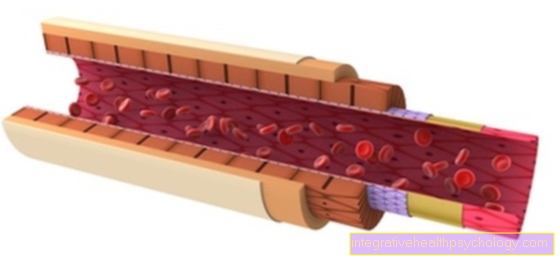
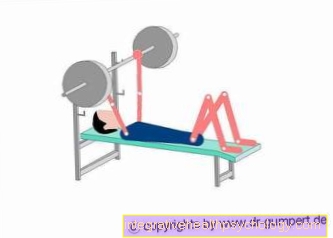

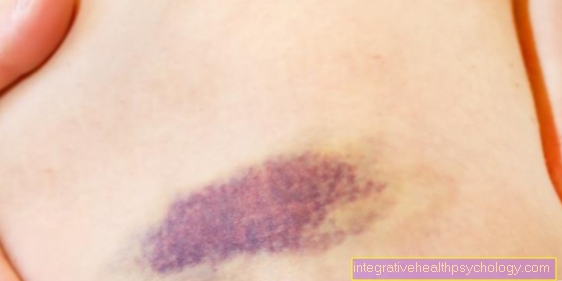

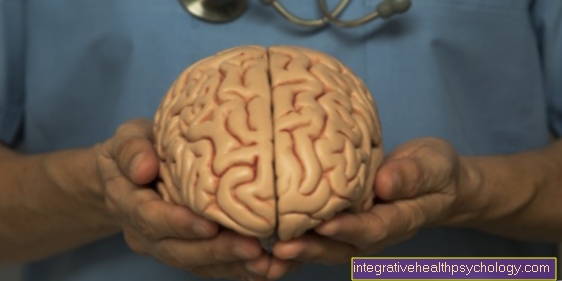
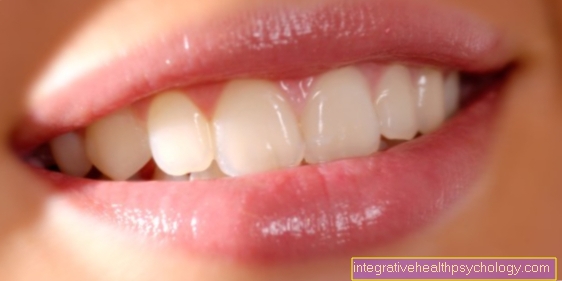


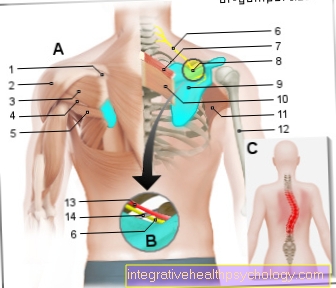
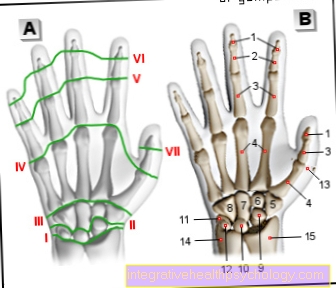

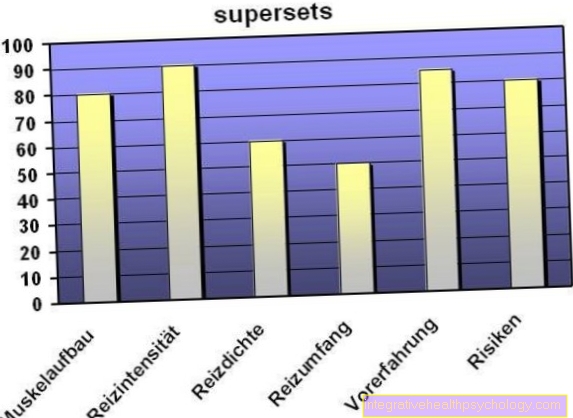







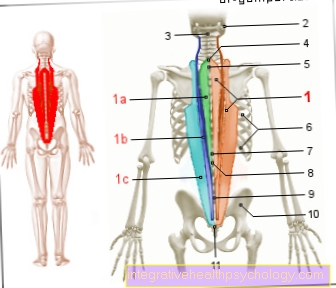
.jpg)





